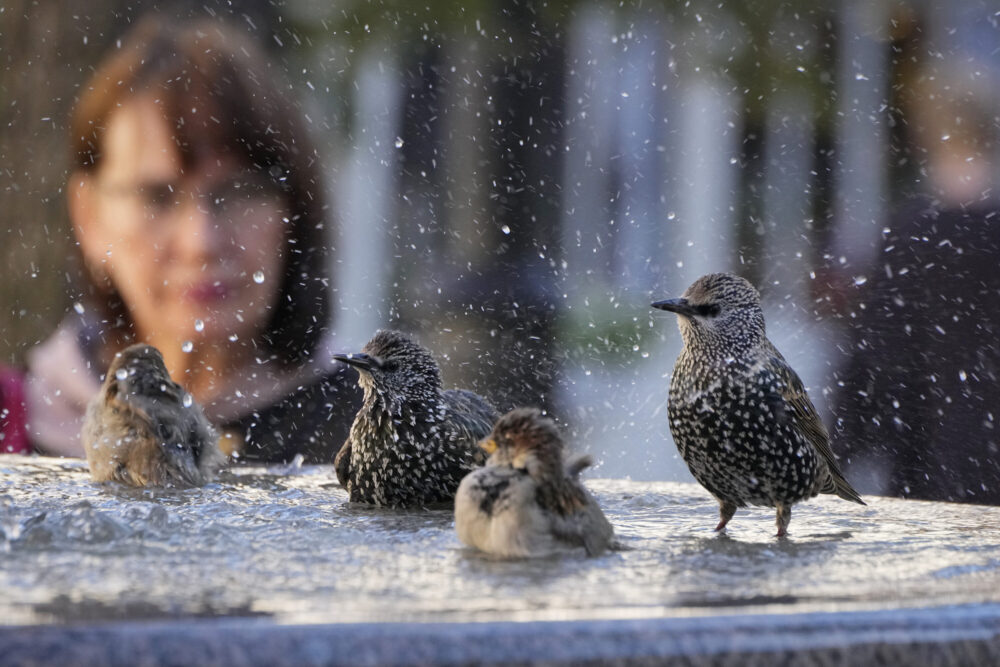To curb the spread of bird flu in the avian population, communities in Texas are being urged to take action. The Texas Parks and Wildlife Department (TPWD) provides advice on how to exercise caution.
How the Community Can Assist
Health and wildlife officials have issued warnings in response to the most recent epidemic of Highly Pathogenic Avian Influenza (HPAI), which was detected in domestic ducks along Arboretum Boulevard and the 360 Capital of Texas Highway in Austin.
Bird populations are seriously threatened by the virus, which is extremely contagious among both domestic and wild birds and may have an effect on human health.
The community’s vital role in reducing the virus’s transmission is emphasized by the Texas Parks and Wildlife Department (TPWD).
Eliminating bird baths and feeders is one quick step locals may take. By encouraging bird gatherings, these objects provide hotspots for the spread of viruses. Officials caution that the danger of HPAI transmission is increased by needless contact with wild birds, such as feeding waterfowl in parks.
The public is urged to treat the avian flu outbreak seriously by the Centers for Disease Control and Prevention (CDC). Although there is still little chance of HPAI spreading to people, the virus could change. Human health could be at danger from close contact with diseased birds or contaminated environments, which emphasizes the importance of being vigilant.
When working with birds or cleaning surfaces that may be infected, the CDC advises donning gloves and a mask.
All U.S. states have reported HPAI instances, with El Paso, Galveston, Harris, Potter, and Wharton counties in Texas reporting recent cases.
Community-wide actions are crucial to containing the outbreak since the virus spreads both directly between birds and indirectly through polluted habitats. Experts in wildlife caution that further proliferation may have a negative effect on both agricultural interests and bird populations.
For anyone who has become ill following possible exposure to diseased birds, reporting an event to a healthcare provider is vital.


